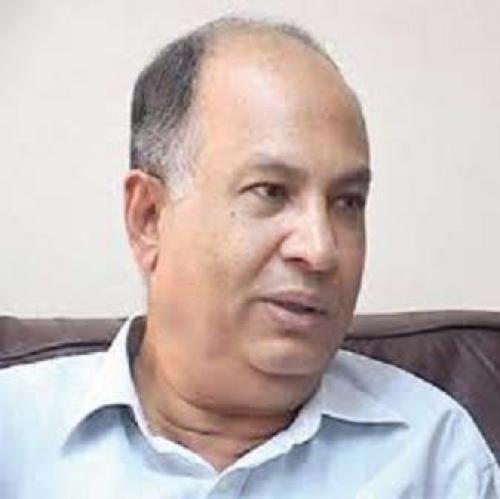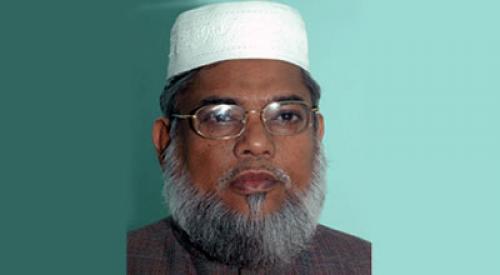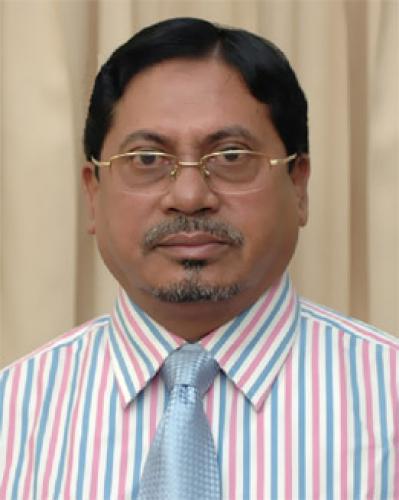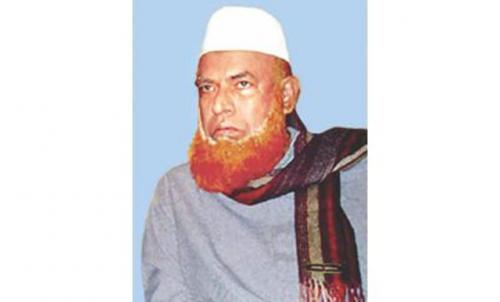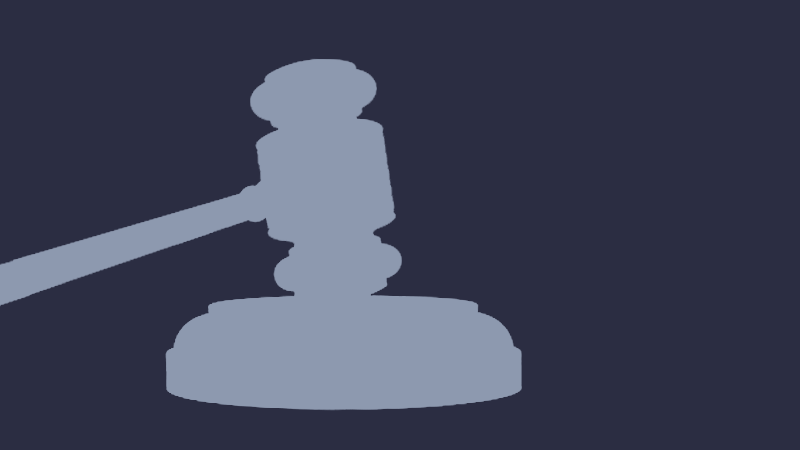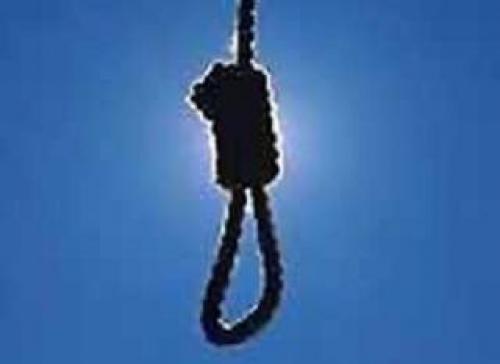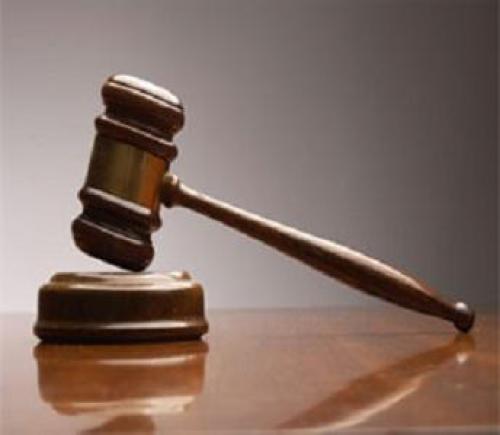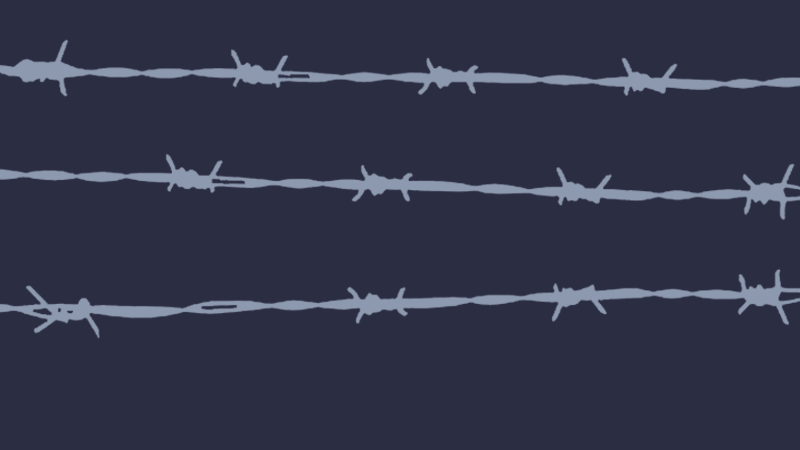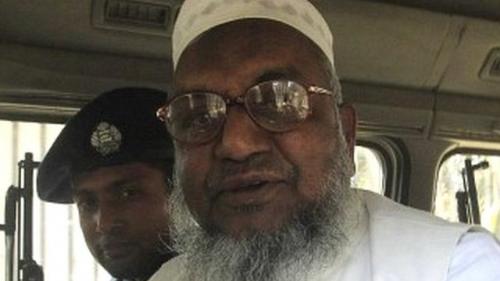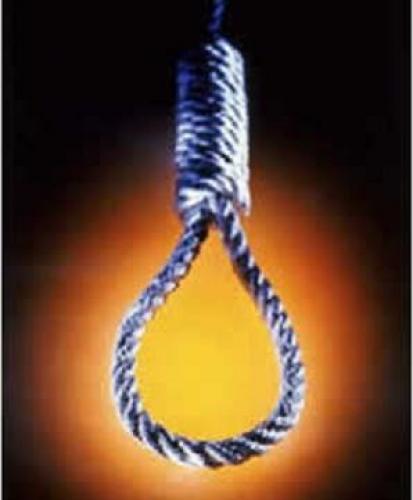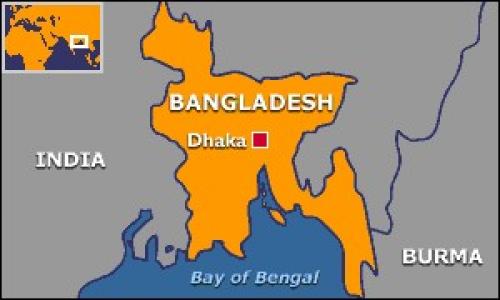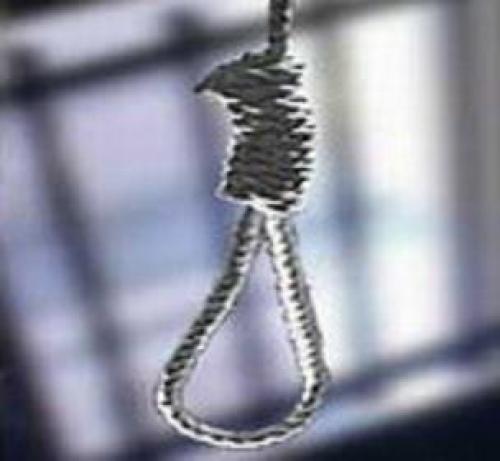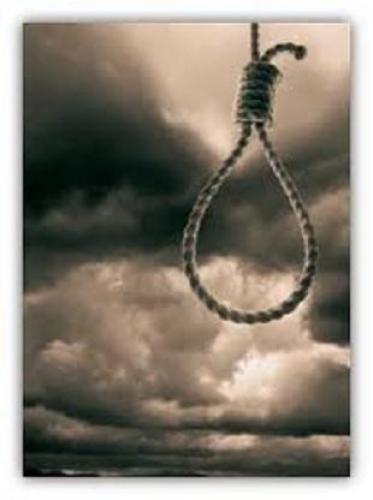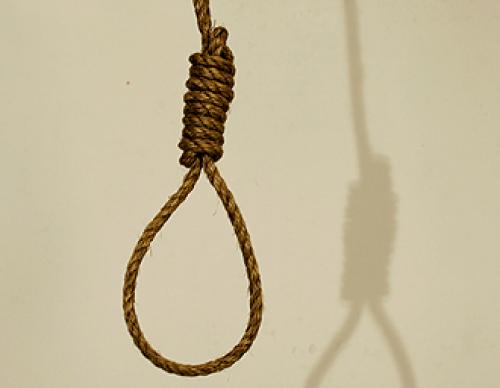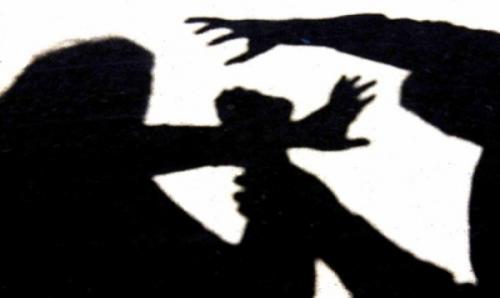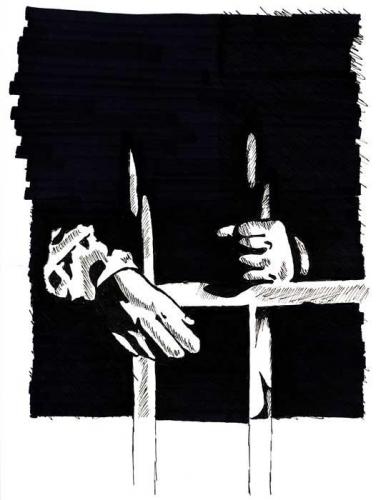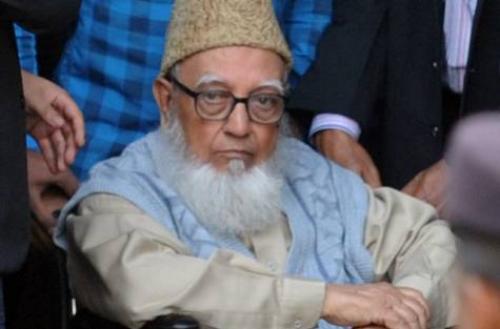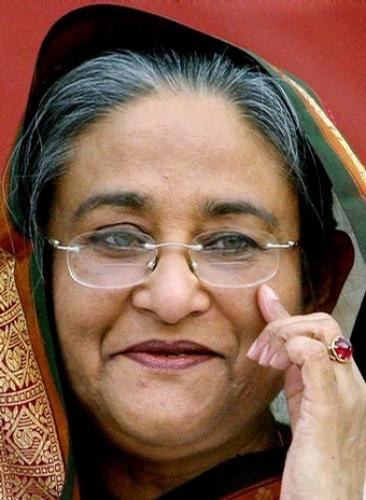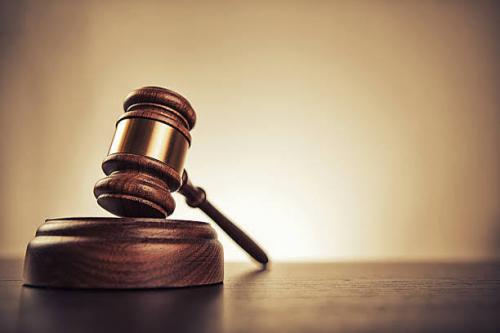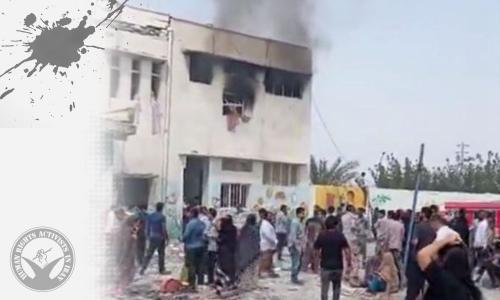government: Parliamentary democracy
state of civil and political rights: Partly free
constitution: 16 December 1972, suspended 24 March 1982, renewed 10 November 1986, and amended several times
legal system: based on English common law
legislative system: unicameral National Parliament (Jatiya Sangsad)
judicial system: Supreme Court, the Chief Justices and other judges are appointed by the president
religion: 83% Muslim; 16% Hindu; Buddhist, Catholic and Protestant minorities
death row: 1.102 (dhakatribune.com, 06/11/2013)
year of last executions: 23-4-2013
death sentences: 216
executions: 3
international treaties on human rights and the death penalty:International Covenant on Civil and Political Rights
Convention on the Rights of the Child
Convention Against Torture and Other Cruel, Inhuman or Degrading Treatment or Punishment
Statute of the International Criminal Court (which excludes the death penalty) (only signed)
situation:
Article 32 of the Constitution provides: “No person shall be deprived of life. . . save in accordance with law.” Bangladesh applies the death penalty for such crimes as murder, sedition, offenses related to possession and drug trafficking, treason, espionage, military crimes.
In March 1998 the Bangladesh Cabinet has approved the death penalty for crimes against women and children including trafficking, rape and murder. The maximum punishment for such crimes was formerly 10 years in prison. In 1997 capital offences were extended to include hijacking of planes and sabotage.
On 16 March 2004, Parliament passed the Disruption of Law and Order Offences (Speedy Trial) Act of 2004 to extend the term of the much-debated Speedy Trial Act created in 2002 for another two years following its expiration on 9 April 2004. The law, approved by Parliament on 13 March 2002 and effective from 10 April 2002, instituted special tribunals and fast track trials (to take place within 90 days of the filing of a report) with the power to condemn people to death found guilty of violent crimes.
Death sentences have increased notably since these special tribunals were established.
Terrorist acts, as well as ordinary crimes like murder, extortion and kidnapping fall under the jurisdiction of the high speed tribunals.
On 19 February 2009, the government approved a tough anti-terrorism ordinance which provides the death sentence or life imprisonment or maximum 20 years and a minimum of 3 years rigorous imprisonment. The Anti-Terrorism Ordinance of 2008, presented by the previous interim government, suggests that any act that poses a threat to the sovereignty, unity, integrity or security of Bangladesh or creates panic among the general masses or obstructs official activities would be treated as terrorism. According to the ordinance, the use of bombs, dynamite or other explosives, inflammable substances, firearms, or any other chemicals in a way that may injure or kill people to create panic among the public, and damage public or private property have been defined as acts of terrorism. Threatening anyone with death, taking any person hostage, physically assaulting anyone or creating panic in the general masses, detaining or abducting a person by such acts have also been defined as terrorism.
On March 2, 2010, the judges of the High Court, Imman Ali and Abdul Awal, declared unconstitutional legislation in the country that provides for the mandatory death penalty.
On 26 December 2011, the cabinet approved the final draft of the Anti-terrorism (amendment) Act, 2011 with a provision for the death penalty for getting involved in, supporting or financing militancy and terrorist activities in the Country. Any Bangladeshi or foreign national using Bangladeshi land for terrorist activities in other Countries or supporting such activities would be brought to trial under this act.
On 16 February 2012, the Anti-Terrorism (Amendment) Bill, 2012 was passed in the Jatiya Sangsad, keeping a provision for capital punishment (death sentence) as the maximum punishment. The House passed the bill by voice vote. Home Minister Shahara Khatun proposed the bill in the parliament for passage. Earlier, chairman of the parliamentary standing committee on Home Ministry Maj Gen (retd) Abdus Salam placed the scrutinised report on the bill. The home minister said the Anti-Terrorism (Amendment) Bill was brought to resist various criminal activities and to safeguard the sovereignty of Bangladesh. The Anti-Terrorism Act, 2009 has been amended to stop use of Bangladeshi land for conducting any terrorist activities inside the Country or other Countries, all types of illegal arms, carrying explosives and creating panic among the people through any terrorist activity.
Executions are carried out in jail by hanging. According to the NGO Odhikar (a Bangla word that means ‘rights’), sometimes other prisoners are forced into carrying out the executions of their peers without any legal basis in domestic legislation.
Bangladesh resumed executions in 2001, after a de facto three-year suspension. Two men were hanged between February and March and another in November. One execution was recorded in 2002 and two people were put to death in 2003. At least 13 people were sent to gallows in 2004 and at least five in 2005; four people were executed in 2006, six in 2007, five in 2008 and 3 in 2009.
In 2010, there were 9 executions, where at least 47 death sentences were handed down.
At least 5 executions were carried out in 2011. According to the Odhikar Annual Human Rights Report, 97 people have been awarded the death sentence by various courts in 2011 and in 2012, 77 death sentences were imposed and 1 execution was carried out. On 12 April 2012, one person named Basir Mia, 42, was executed at Comilla Central Jail. He was an inhabitant of Brahmanbaria district of Bangladesh. On 14 October 2001, a dead body was found in a field at Akhaura in Brahmanbaria and he was accused in that murder case and found guilty in police investigation. The Additional Session Judge of Brahmanbaria-2 sentenced him to death on 26 January 2002.
There are over 1,000 people reported to be on death row.
The Human Rights Council, in its 2009 Universal Periodic Review of human rights in Bangladesh, recommended that Bangladesh institute a moratorium on executions, restrict the scope of the death penalty to comply with minimal international standards, and abolish the death penalty.
On December 20, 2012, Bangladesh voted against the Resolution on a Moratorium on the Use of the Death Penalty at the UN General Assembly.


